I think it can be said that for children living on the streets, life can be both exciting and adventurous. But those same streets can also be dangerous and deadly.
Most people don’t know this, but Love Justice began in Kathmandu, Nepal, as a ministry to children who were orphaned, abandoned, or abused and had no place to go but the streets. With no one to care for them, these kids were at the mercy of strangers for their daily sustenance. There were hundreds—if not thousands—of these children roaming the streets of Thamel, an area in the middle of Kathmandu’s tourist district, begging or stealing whatever they could in order to stay alive.
Unfortunately, many of these children fleeing abusive homes were often exposed to the same or even greater abuse on the streets. Drugs, sexual abuse, and other kinds of physical abuse were prominent experiences for those with no other option but to endure a life on the streets.
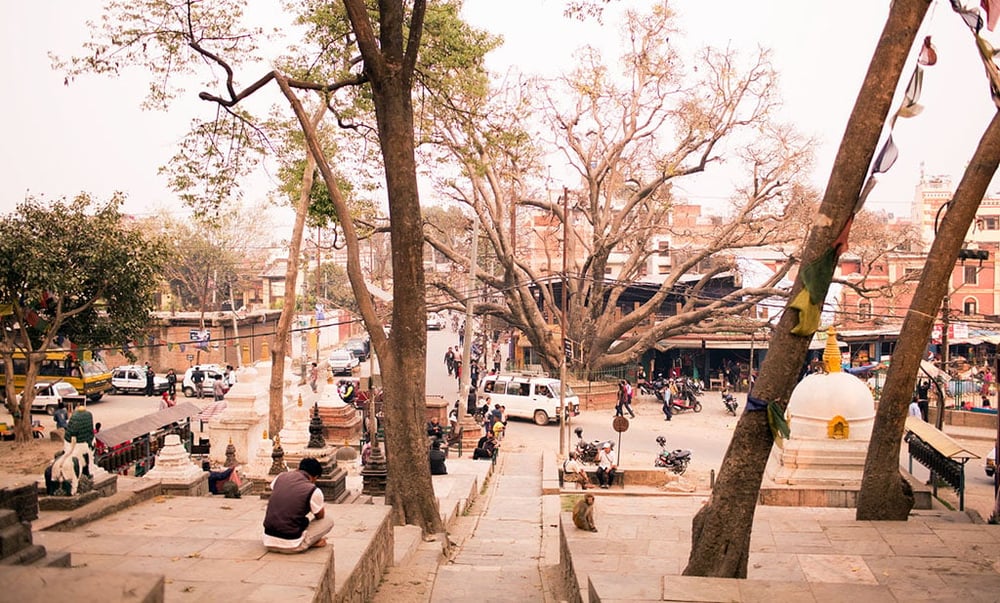
The stories our staff would hear coming from the lips of these children who called the streets their home were heartbreaking. And as persistent as our staff was in identifying, befriending, and helping these children, the end results were more often disappointment than victory. Drugs, violence, and abuse had either destroyed their young minds or created a hopelessness that was almost impossible to overcome. And sadly, most had come to enjoy the freedom that life on the streets provided—once they became numb to the abuse that accompanied that freedom.
But just as the title of one of Tony Campolo’s books reads, It’s Friday, but Sunday’s Comin', every once in a while, it’s like God reaches down and resurrects a life when all seems lost. And for a brief moment, all those disappointments or lost opportunities of Friday fade into the night because Sunday came, and a lost life has been resurrected!
One of those resurrected lives is named Devaja*. Our staff first came into contact with Devaja one evening while walking to a local restaurant. One of our team members recalls the encounter:
“In late 2009 while heading to dinner in Thamel, two Love Justice staff members along with two of their friends met three young girls on the street that they did not recognize from previous times of outreach. They began to inquire about how they got to the streets and how long they had been there. There was something different about these girls; there was a vulnerability and almost a fear that consumed them. A couple of them were new to the streets, and the other had lived on them for several years. It became quickly clear that they had no other options but the streets. The staff members made an action plan and took the girls to a safe location for the night. The next day, they were brought to one of our family homes. After a couple of days in the home, two of the girls ran away, but the other girl chose to stay in the home. That girl was Devaja."
Meet Devaja
Devaja’s life and story has always intrigued me. She was different. When I sat down with Devaja, I first wanted to know what it was that put her on those scary streets of Kathmandu at such a young age. She was so excited to share her story with me. The only problem was she couldn’t actually recall much of it. The early years of Devaja’s life had almost vanished like the vapor of your breath during a cold early-morning walk.
Devaja began, “I don't actually know where I was born. But from other people I know, I found out that I was born in the part of Nepal called Dolkha, which is about 45 miles northeast of Kathmandu. I literally don't remember anything about my parents, my siblings, or my early years. I was told that I had siblings, but I don’t recall anything about them. What I do remember is that one morning when I was 5, my parents dropped me off by the side of the road in Kathmandu and never returned for me. I was on my own from that point on. I didn’t know anyone, and I didn’t have any relatives that I could call for help. And even if I could have contacted a relative, I’m sure that they would have been too poor to take me in. Almost immediately, I ran across two girls about my same age who were already well acquainted with street life, so I joined them. We began to roam around some of the different places in Kathmandu during the day and then always end up in Thamel at night because that was the best place to beg for food and money.”
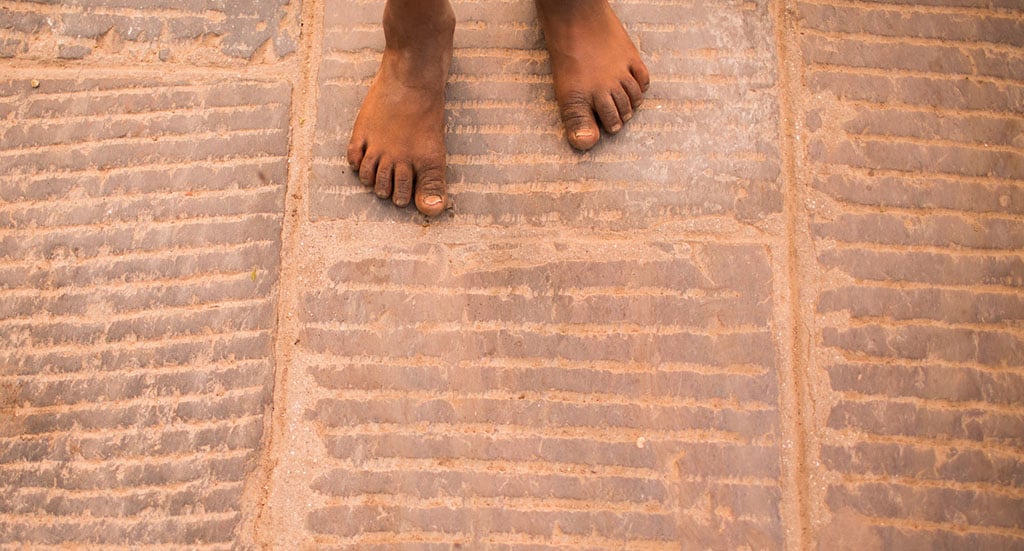
When asked if she was ever worried about getting harmed by others who were roaming the streets, she simply replied, “No.” She thought her new life was normal. That was a rather odd statement to me because I was very aware of the violence and drug use that went on within the community of street children. There was an obvious hierarchy among the boys who lived on the streets. Begging for money was a priority in order to support their glue habit. Huffing glue was an activity that went on almost every day—and for many, all day. So if a boy, and at times a girl, didn’t hold up their end of securing the necessary resources to buy the glue, they would be beaten and would lose protection within the community. Thankfully, Devaja and her friends were young enough that they didn’t run in those circles! At night, they would huddle together at the entrance of some shop in Thamel for warmth and safety. During the cold winter months, they might even invite a couple of dogs to join them for some extra warmth.
Life on the street
Devaja described to me a little of her early street life experiences. “My days on the streets were difficult. When you are 5, 6, or 7 years old, dirty and messy, people can sometimes be very cruel toward you. We had to be aggressive in our begging because we were always so desperate for food. There were many nights I would fall asleep having had little or no food for the day. I always looked forward to Saturdays because there was a place that would feed street children like me dal bhat (rice and lentils) and, at times, some meat. On those days, I would eat extra in case we weren’t able to find food to eat the following day.”
Every day was a challenge, and one day blurred into the next. For many street children, each morning marked yet another day of trying to find new and creative ways to survive. And if just trying to survive wasn’t difficult enough, the emotional devastation was almost as bad. She stated that the nights were the worst. She would often catch herself watching the families walking by, holding hands and laughing, which only increased the hurt and sense of loss that she felt deep inside. She wished so often that she could have had parents who supported, encouraged, and loved her like the children of those families walking by. She lamented, “I saw other people going everywhere with their families. Deep in my heart, I cry.”
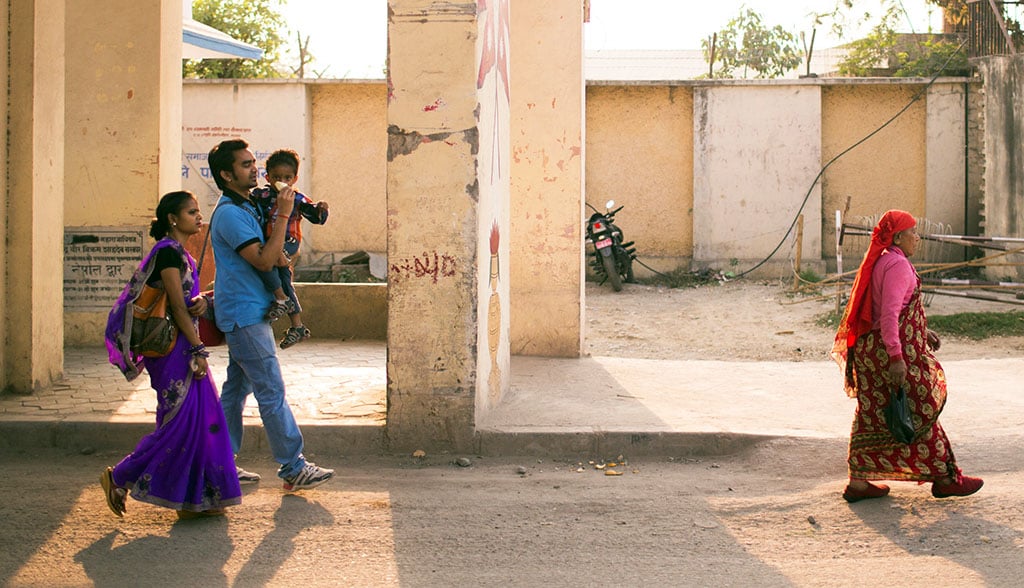
A new home
Even as difficult as life on the streets is for so many of these children, the freedom of the streets is oftentimes the pull that keeps them there. So, it’s always surprising when one of these young boys or girls decides the street life has lost its appeal and they’re ready for a change. Love Justice staff members were constantly searching for that one child who might be considering an end to their life on the streets. Because it’s so rare to see a street child wanting to leave the streets, we were more than curious why Devaja decided to make the jump. “I was so eager to study and to go to school,” Devaja replied. “Many times, people would ask me whether I wanted to go with them to a home or not. I would always tell them that I was ready to go if they would be able to provide me with an education. But it seemed like no one believed in me or thought that I would stay in school.” Devaja continued, “So when the Love Justice staff members told me they had a wonderful home for me and I could attend a very good school for my education, I was finally ready to go!” So, at age 8, Devaja had a new home with a loving new family and finally was able to attend school for the very first time!
Still, as expected, not all is easy when making that kind of a dramatic lifestyle transformation. Having had so many freedoms living on the streets and then transitioning into a home that had actual rules was difficult! For several years, Devaja recalled, “I made my own rules.” But going on, she explained, “As difficult as it was in the beginning, it was something that I really wanted! I was excited to study and learn because I wanted to do something good for my country, and I wanted to be somebody that was more than a street child. That was my thought.”
Another transition equally challenging, if not more so, was hearing about this person called Jesus. Love Justice is unabashedly a Christian ministry, where God and Jesus are talked about openly in the family homes. Children aren’t forced to become a Christian, but they are encouraged to learn and think critically about the claims of all religions and then decide for themselves which is true. Devaja had that challenge before her and said, “After coming to the family home, I came to know about God, and deep inside my heart, for the first time, I felt like there really was a God. I started to believe more and more that the Bible was true. So slowly, as I began to believe in those things, I began to go to church, and there I came to know and understand more about God. Over a period of time, the truths that I was learning became so real to me that I decided I wanted to become a Christian.”
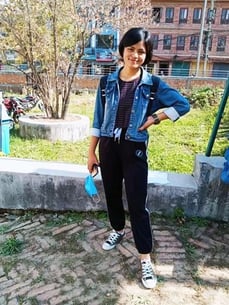 A bright future ahead
A bright future ahead
That journey was not always an easy one. Maybe her biggest hurdle to faith was her relationship or lack of relationship with her earthly father. “At first, it was very difficult for me, but I began to spend more and more time with God. The more I learned about Him, the more I would share with Him everything in my life. That’s when I finally realized He will never leave me or forsake me. That’s when I finally accepted him as my Father.”
Devaja is now a 20-year-old young woman. She still loves school and learning and is doing very well in her study of sociology. “One day,” Devaja said proudly and emphatically, “when I complete my studies, I will serve God and the street children and the orphans of Kathmandu. This is my aim!”
And yes, like most young women, Devaja thinks about being married one day. The excitement in her voice was palpable when she said, “I want a man who gives first priority to God, second to his mom and dad, and third to me. I want a husband who understands me, will provide and support me in difficult situations, loves me more each day, and is a hard worker.”
As we concluded our time together, it was easy to sense how grateful and appreciative she has become when she exclaimed, “God gave me this opportunity. He gave me such a wonderful family where I receive lots of love, care, and support. Yes, it’s true; I am so happy because God chose me among so many other street children who haven’t had this opportunity. I am just really thankful toward God.”
“I have no greater joy than to hear that my children are walking in the truth” (3 John 1:4).
Child sponsorship is a powerful way to impact a young life like Devaja’s. If you would like to learn more about our family homes and school, please visit here.
*All content, data, and statistics current at the date and time of publishing. Some locations omitted and names changed for the security and privacy of those involved.
-1.png?width=500&height=500&name=LJI_MAINLOGO_WhiteBackground%20(1)-1.png)

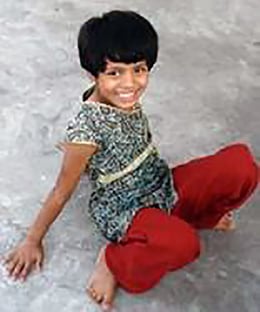
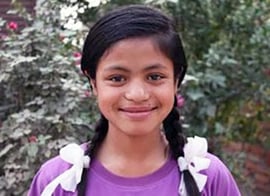



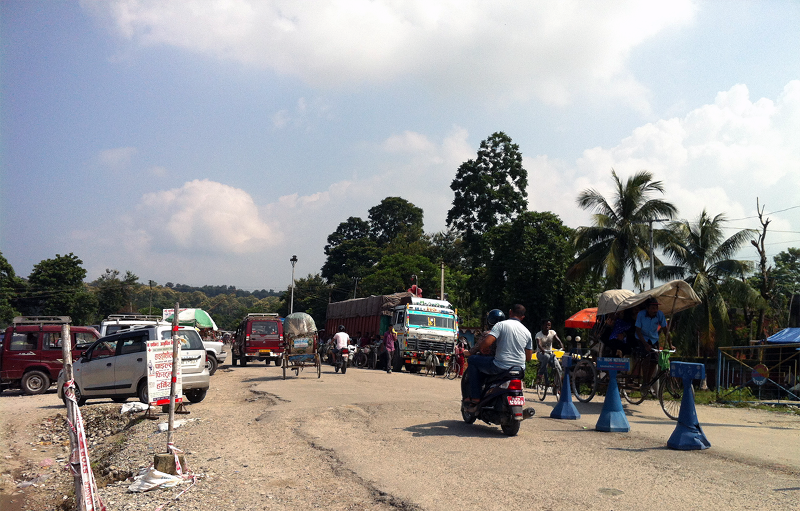
/bimala_feature_blog.webp)

/boy_girl_asia_streets.webp)
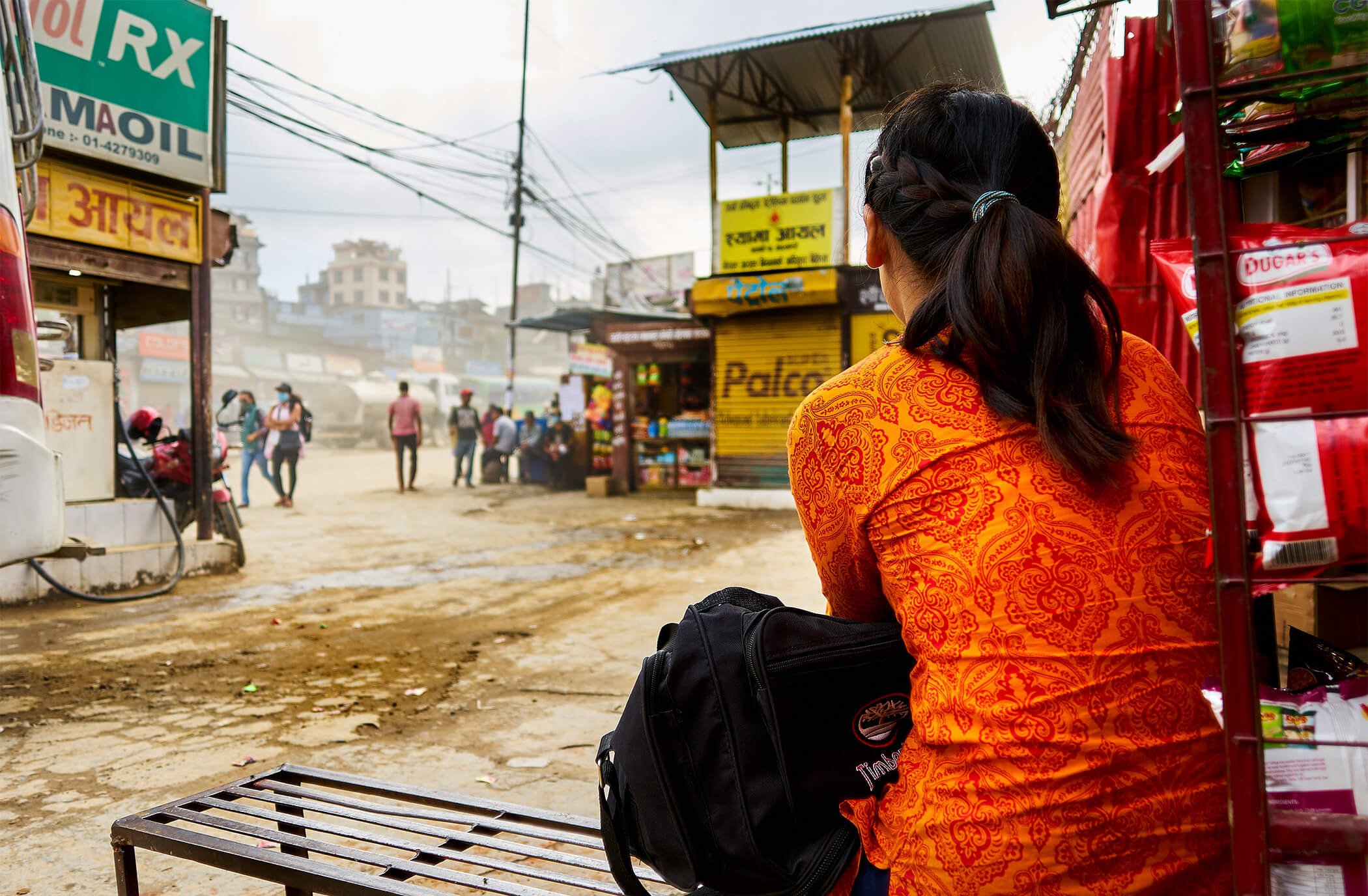
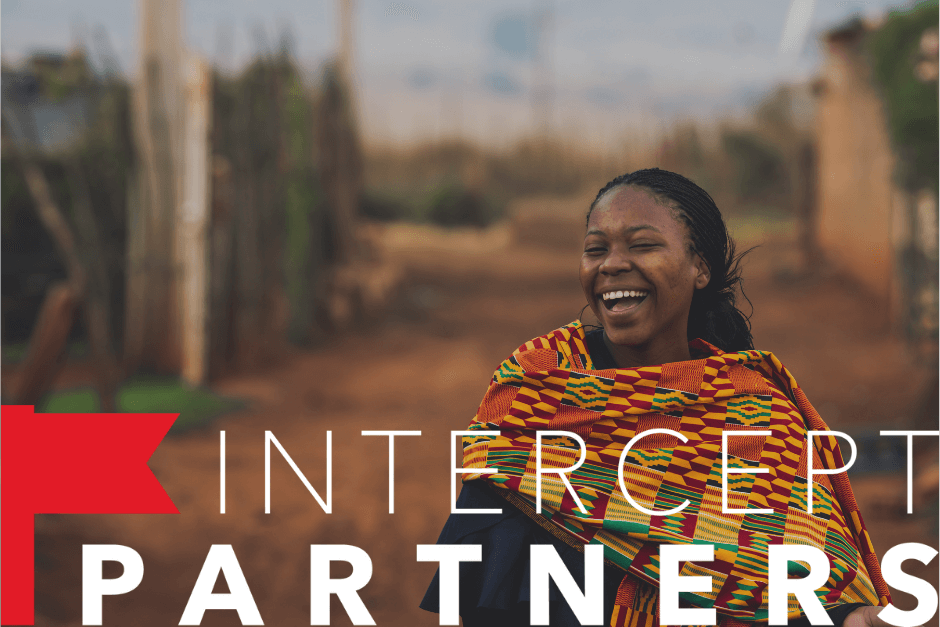

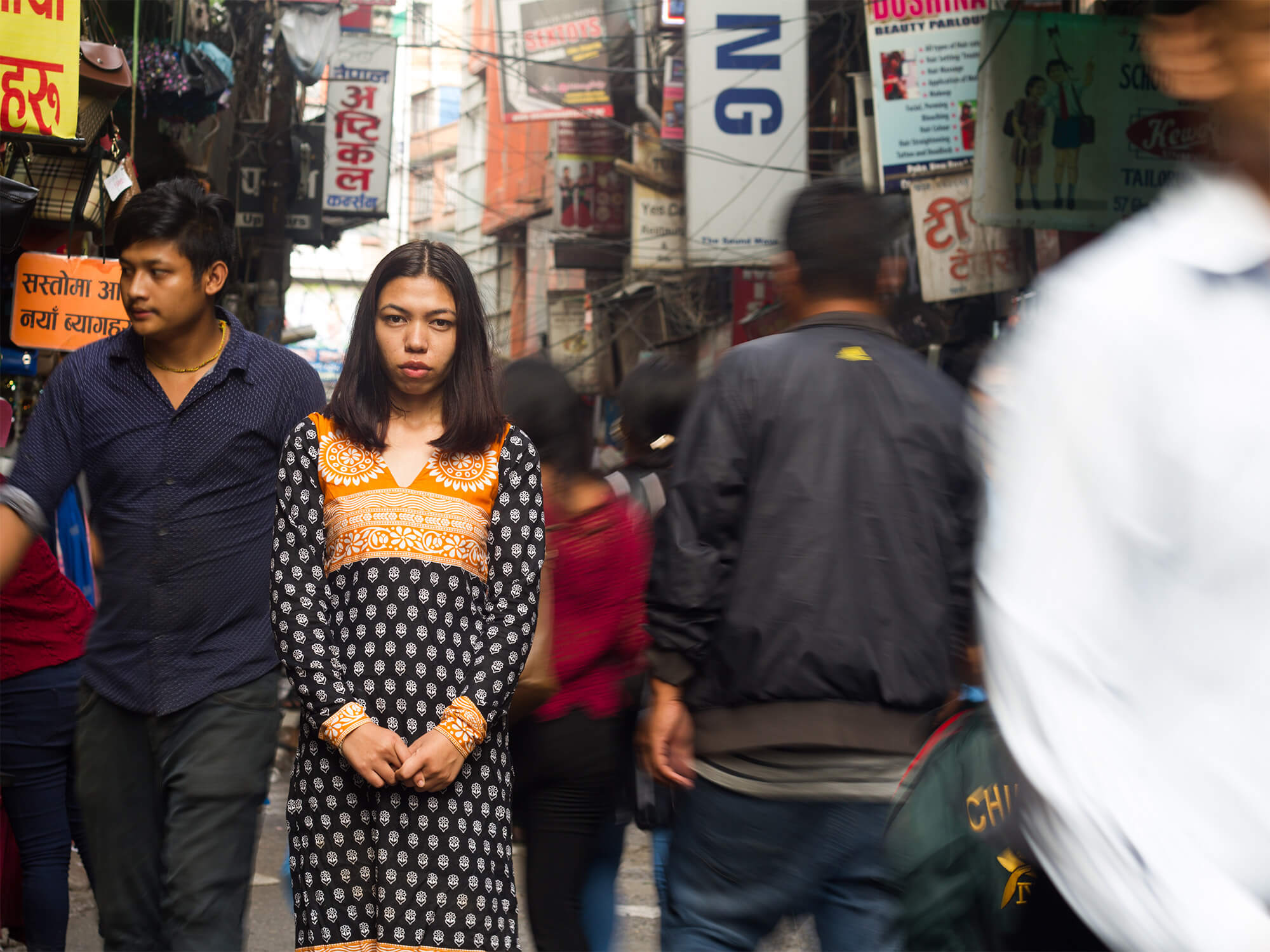

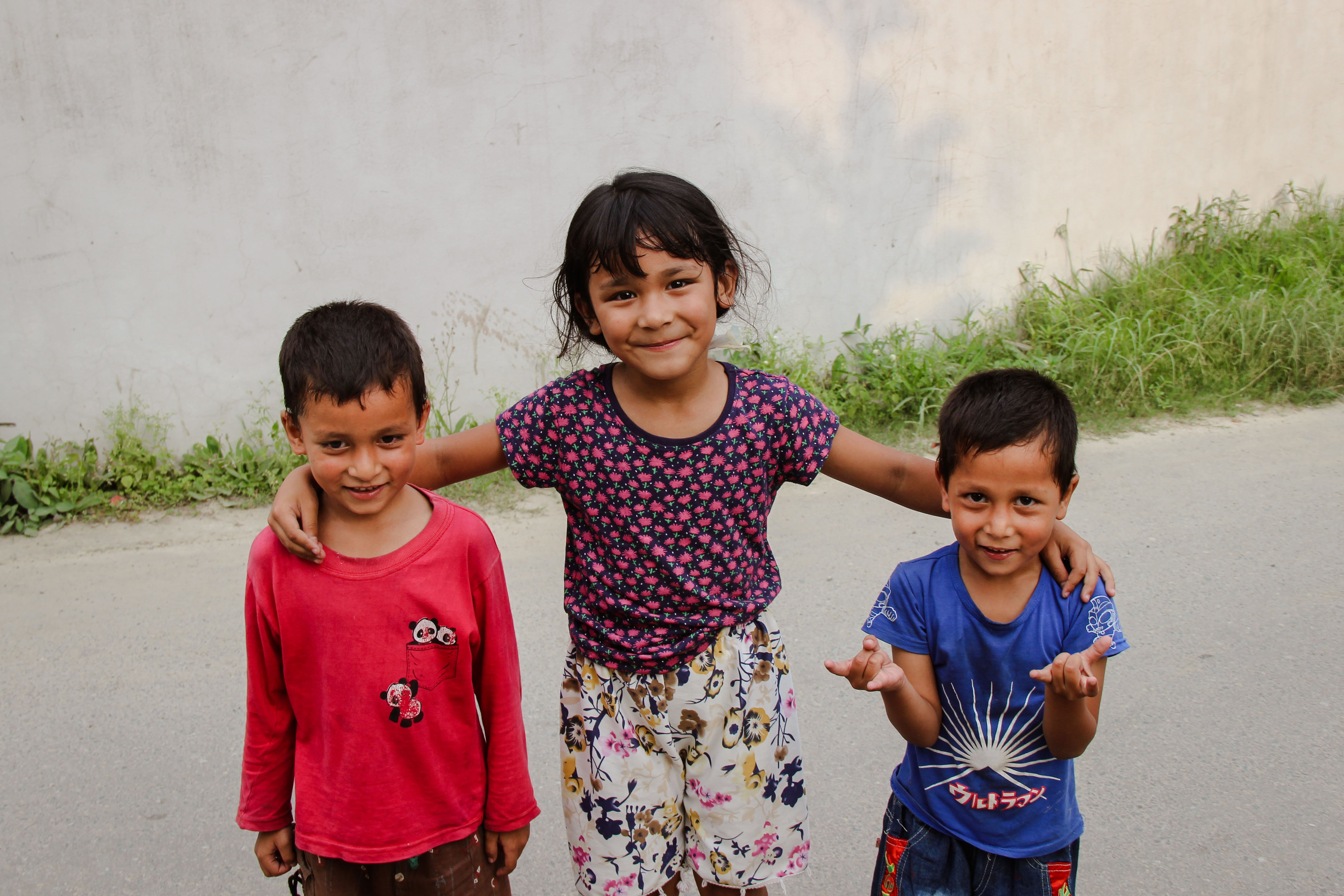
/dreamschoolgirl-424762-edited.webp)
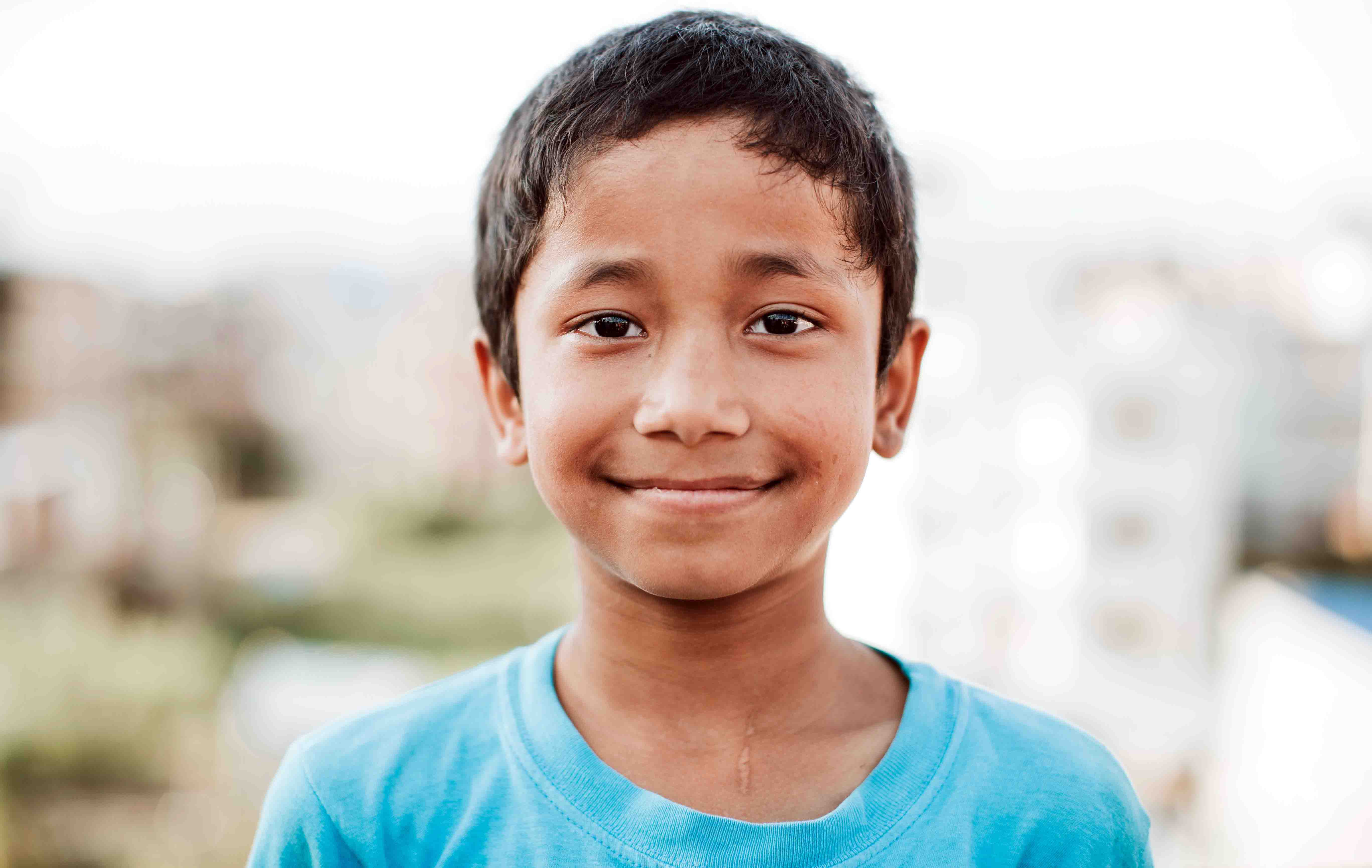
/end_human_trafficking_Rwanda_Tanzania.webp)
/childrens_ministry2.webp)
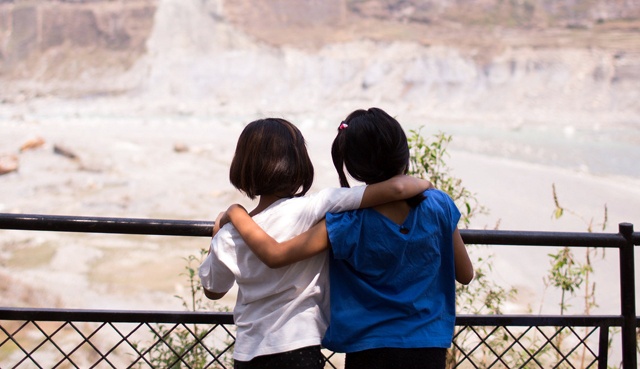
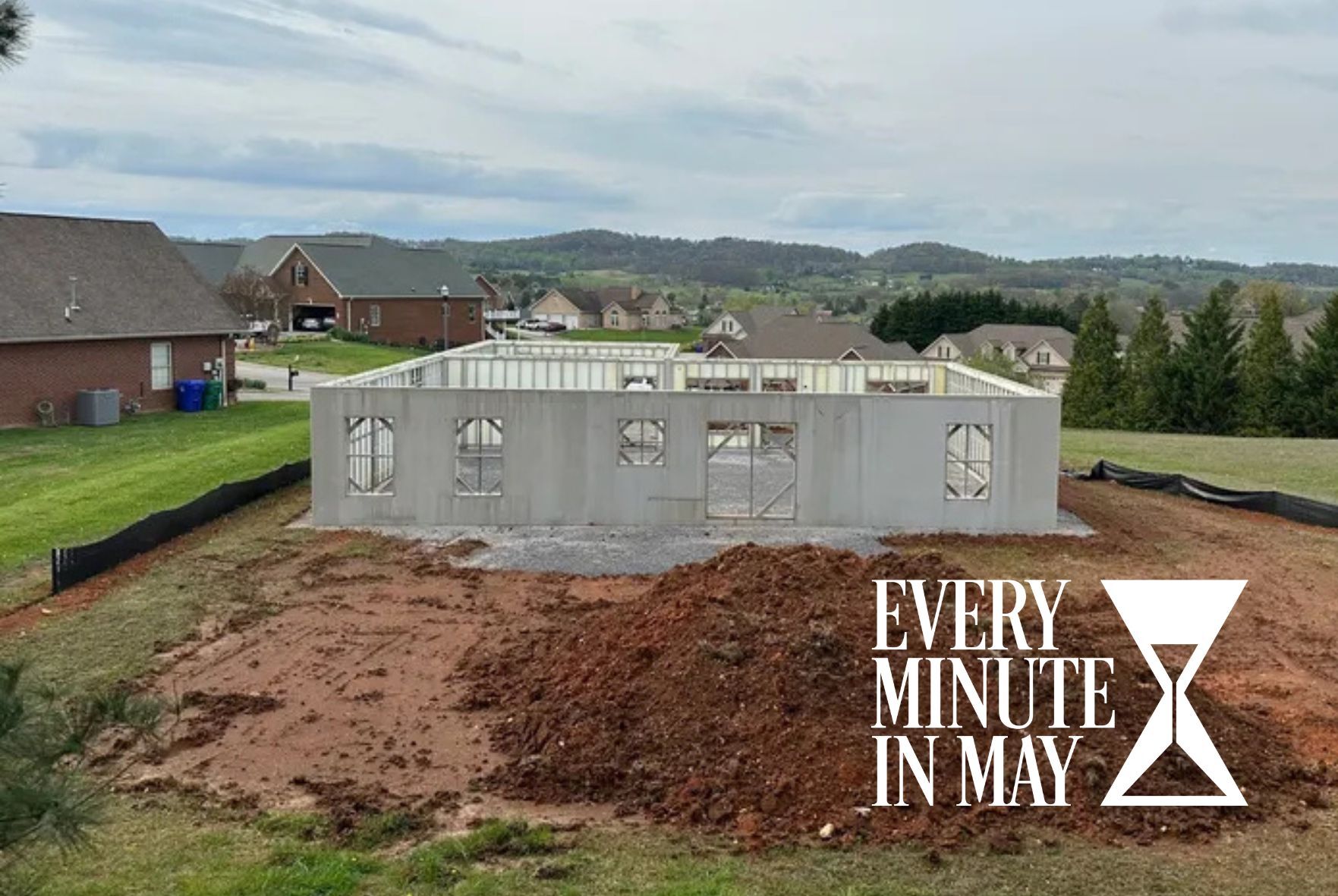
/robin_hood_dream_school_5.webp)
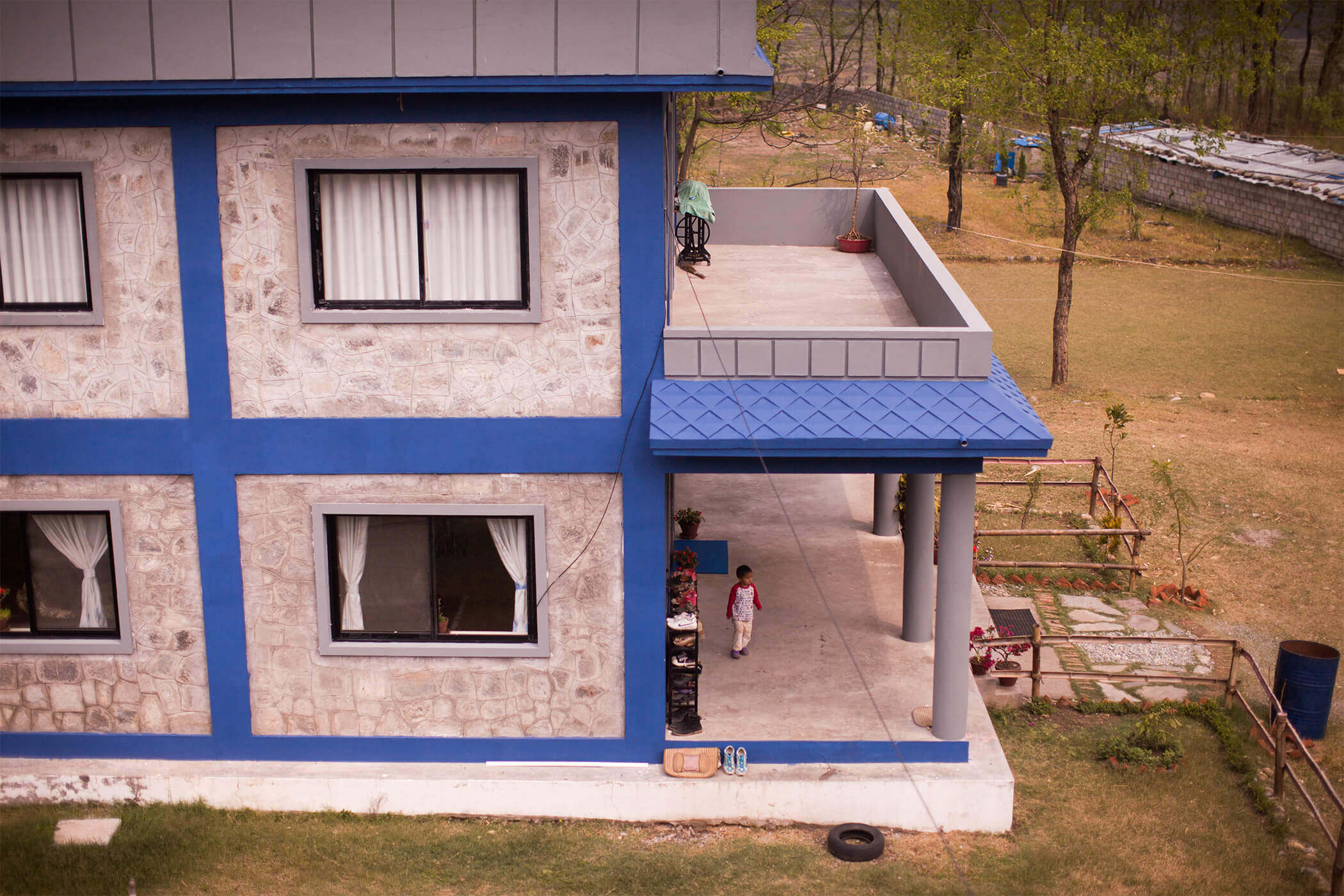
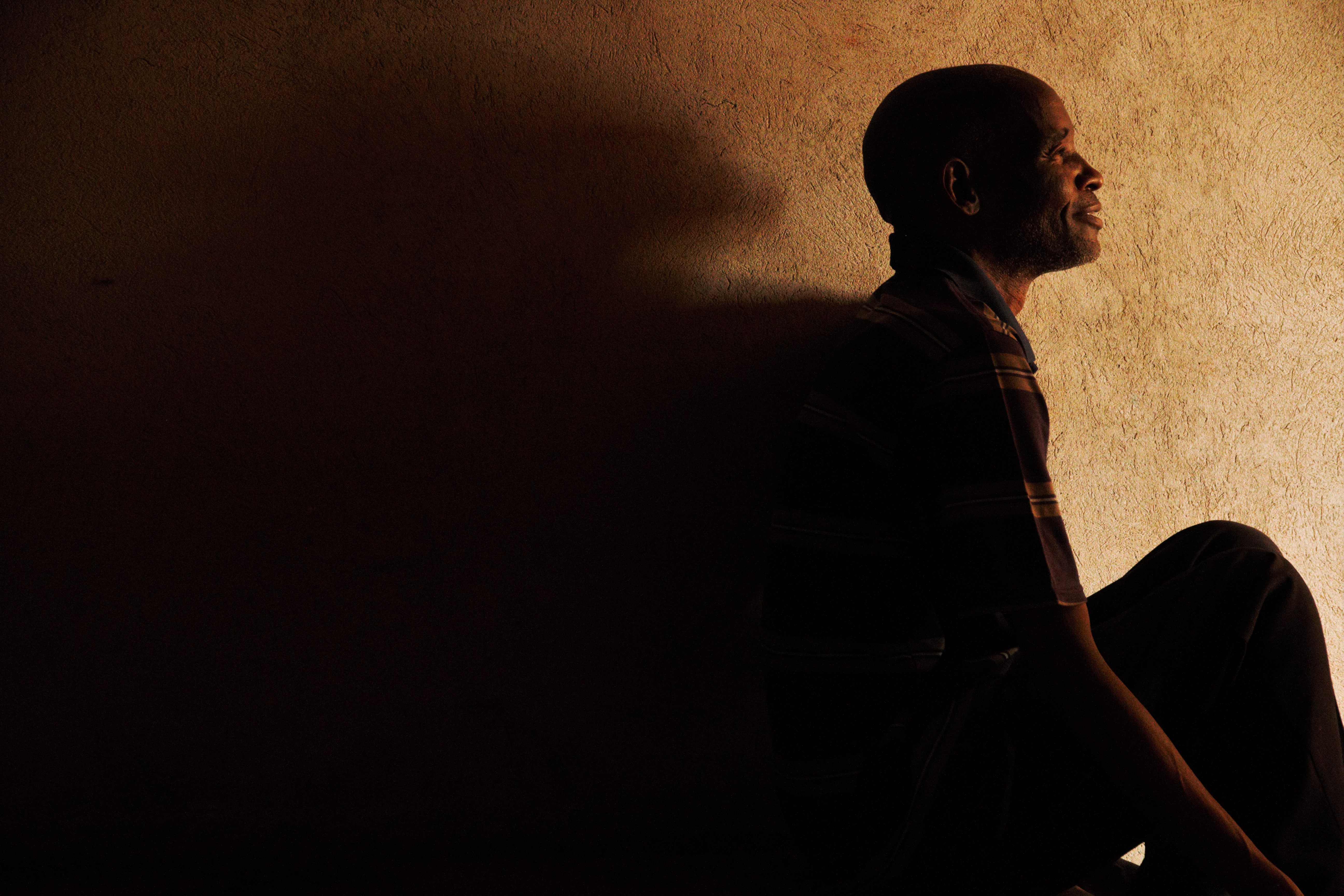
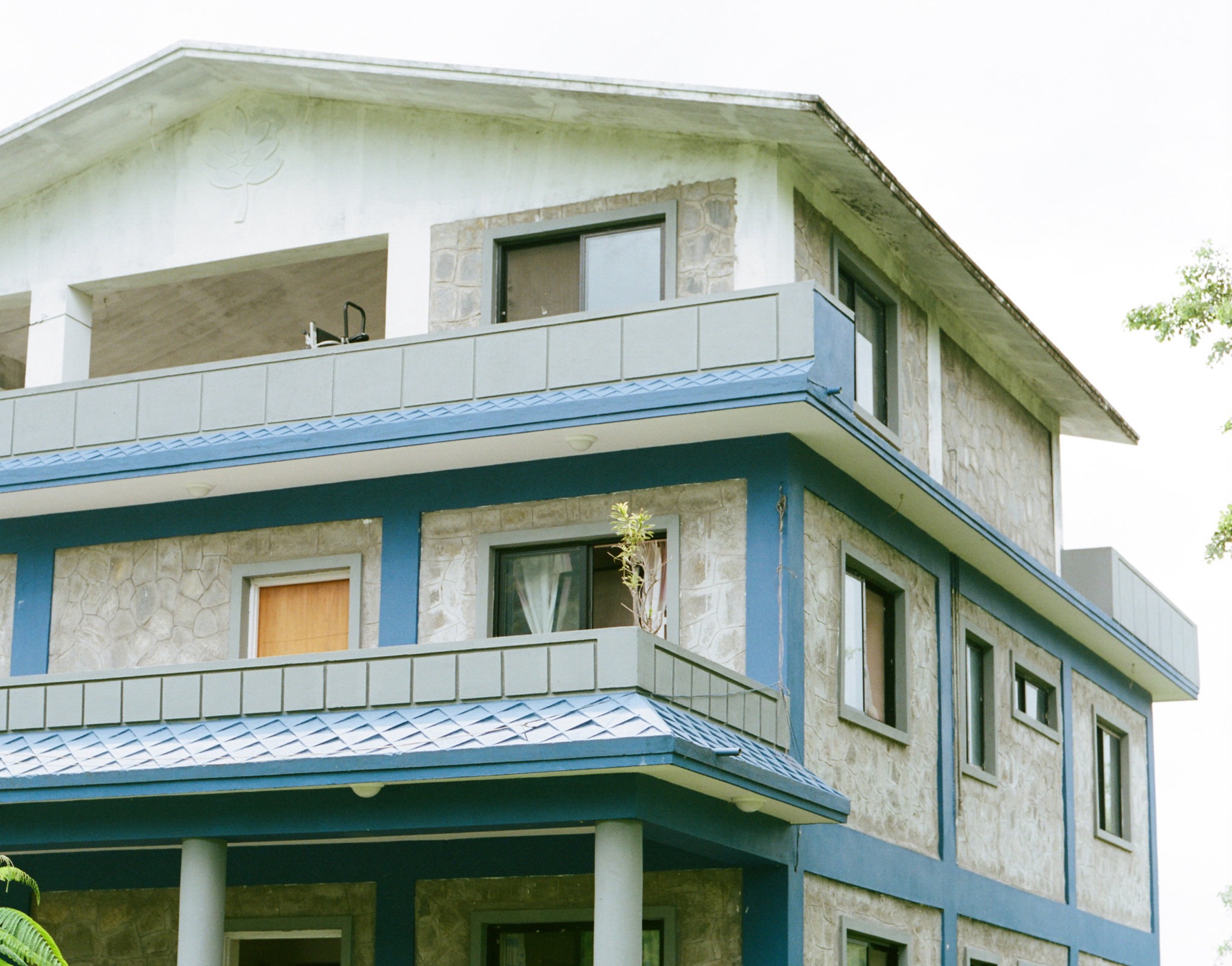




Post a comment